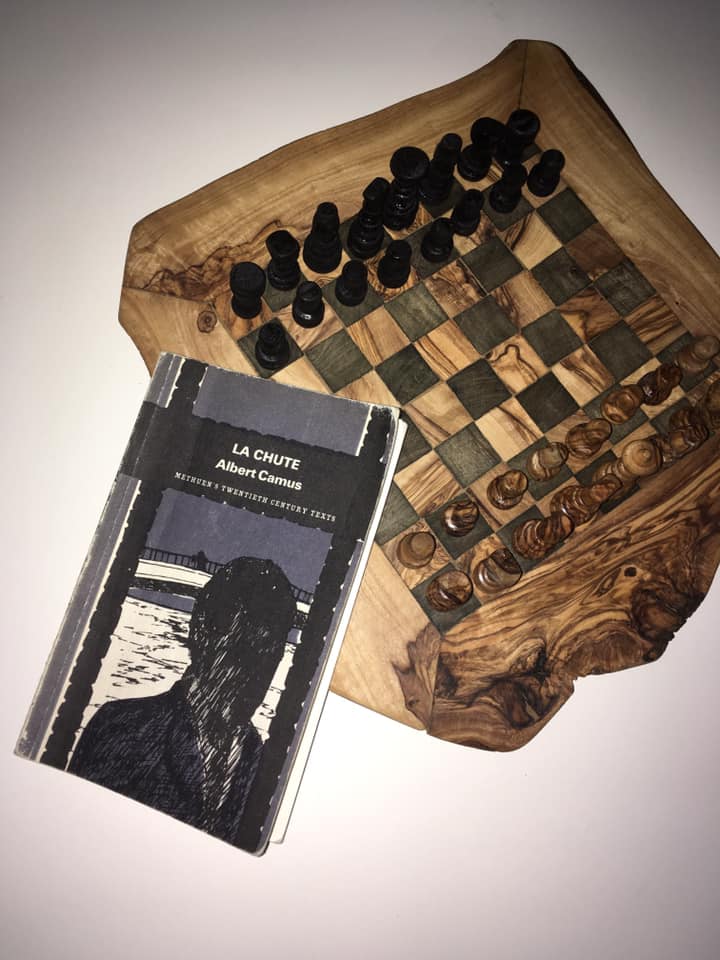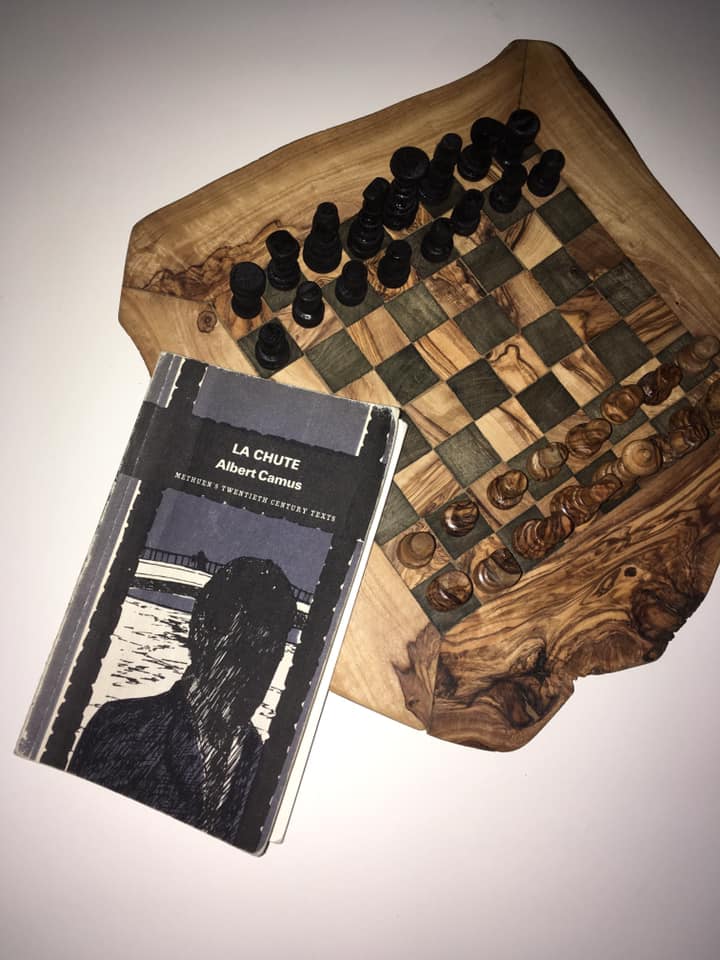The first non-English language book I’ve read for my monthly book review, Albert Camus’ The Fall is one that I’ve wanted to read since reading his novel, L’Étranger (The Stranger).
Described by Sartre as “perhaps the most beautiful and the least understood” of Camus’ books, I can certainly see why (and can thus only do my best to explain it). In such a small novel, his last complete work of fiction, he introduces us to Jean-Baptiste Clamence, a lawyer, who engages the hypothetical listener with a number of monologues. These “conversations”, in which the “listener’s” responses are merely assumed by the reader (though clearly heard by Clamence) cover a variety of topics from religion to philosophy to morality.
Morality certainly seems to be the central theme as the protagonist discusses his personal failings and regrets. There is a consistent theme of confessing versus forgetting. Should one confess one’s mistakes (though we are told one normally only confesses to those of a similar likeness and thus those who have likewise committed the same mistakes), which appears to be the core of Clamence’s monologues? Or is forgetting a more efficacious manner (of which Clamence highlights he attempts to do)? It’s said that La Chute was meant to be a secular telling of the fall of man (a secular Garden of Eden so to say), which explains why morality is so key to the story – and why it’s so hard to pinpoint the right way of responding to the very present human failing of making mistakes.
Unfortunately, for me, I find the character incredibly unlikeable with only fleeting moments where I can identify or be fully brought into his tales. There are also moments where Clamence appears so aggressively egotistical that he’s just talking to talk. This is clearly well-written as Clamence is meant to be such a character who feels superior to one and all, but I found it difficult to read as a result. There were thus moments that were real page turners and other moments where every sentence was an effort.
However, it is an excellent book of philosophy – Camus’ expertise – that considers modern philosophy, the role of religion when it comes to behaviour, and how we respond to morality. By getting to know Clamence, we are led on a journey that starts as a casual, though obscure, conversation which leads to a path covering theft and death, culminating with a demanding confession on his part that evidently haunts him.
If you’re interested in Camus, philosophical novels or books that read like a conversation, this is the book for you!


